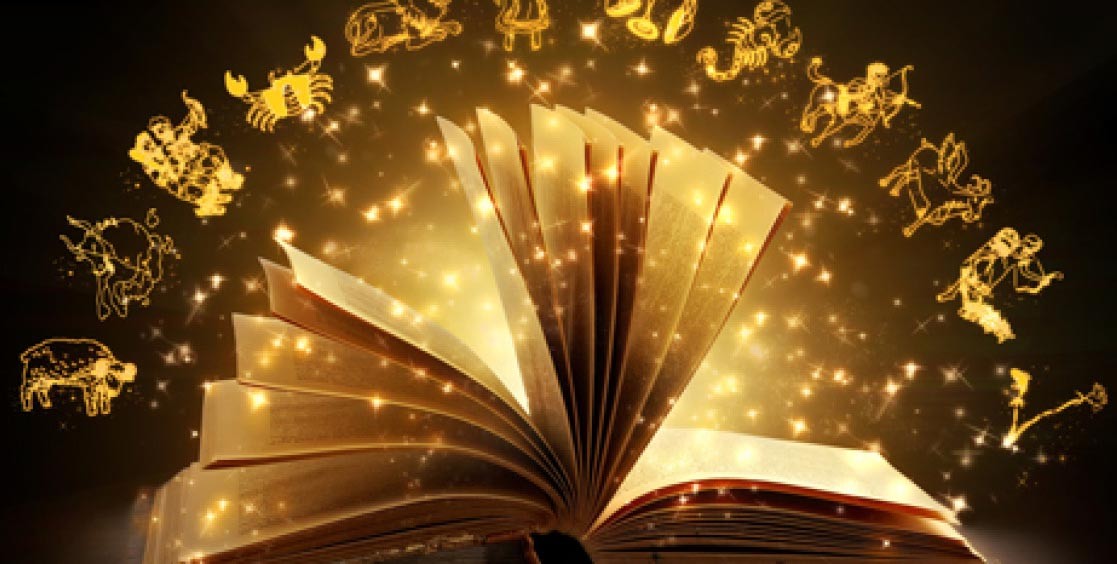
Deciphering the thin line between faith, belief and superstition

Over 20 years ago I wrote a poem titled ‘Faithless Believers’ (it is part of my book Faith Under Siege, 1996). The poem was reflective and not a piece of ‘evidence based research’ (a catchphrase of contemporary development world that tends to give credence to most banal things). Trigger of the poem was a feeling that more and more believers (read Muslims) were becoming faithless perhaps for our ‘belief’ was not a choice; it is more of an inheritance or a bearable compulsion.
I was made to recall the poem by an amusing statement by Mr. Venkatraman Ramakrishnan that homeopathy and astrology were bogus ‘sciences’ and mere superstitions. Since I happen to practice and ‘believe’ in both these maligned ‘disciplines’, so I thought to revisit our faithlessness in what we practice and believe in Pakistan, beyond religion as well.
Ramakrishnan is the Nobel Laureate in chemistry (2009). He quipped this in his lecture at the Punjab University, Chandigarh on ‘Nobody’s Word: Evidence and Modern Science’.
For many of us there is no difference between faith and belief, and we use both interchangeably. Their excessive interchangeability has further narrowed the fine differences, and even what the dictionaries explain blurs their distinction. In my view there is a fine line between them and the phrase ‘faithless believer’ is not an oxymoron.
Faith is a complete trust or confidence in someone or something; and ‘strong belief’ in doctrines of religions, based on spiritual conviction rather than proof’. The, belief denotes ‘an acceptance that something exists or is true, especially one without proof’ (ranging from God to hereafter). Its secondary meanings are ‘trust, faith, or confidence in someone or something’.
In that context a believer is a person who believes in the truth or existence of something; an adherent of a particular religion; someone with religious faith. Thus, a faithless believer in simple language will be someone who doesn’t have complete confidence and trust in what s/he believes in. And, that’s not a problem. I ‘believe’ it’s a prospect for a relaxed social cohabitation.
Both faith and belief are the outlooks and perspectives with which we train our minds, infuse our thinking and construct our perceptions, which get ossified with practice and experience.
Here two interesting observations: The older a belief system becomes, the more relaxed its adherents get. And, the more things a person has to believe in the less fanatic he is likely to be.
Once upon a time, astrology et al used to be belief systems, and later, with the rise of science on one hand, and education and enlightenment on the other, these were downgraded to ‘mere superstitions’. Technically speaking, a religion, any religion, is highly organised, passionately guarded superstition. One finds it amusing when the religious folks derogatively call other superstitions as sinful practices.
In Pakistan, majority of the believers is faithless; and I am not alluding to the religious believers alone. Our belief in democracy, supremacy of the Parliament, rule of law, justice system, might of the military, efficacy of bureaucracy, pledges of politicians, predictability of the public policy, and all that jazz suffer from a faithlessness of exponents, proponents and the detractors alike.
However, neither our belief nor our faithlessness in these domains and disciplines is as harmful and detrimental as our inflexible but porous faith in religion and associated piety and exclusion.
Back to my superstitions, I started using homeopathy when I was a kid. It usually used to work so my parents continued. Later I discovered the term placebo effect but I still kept using it. My usual joke on homeopathy is that ‘it has no evident harm or benefit but mostly it is helpful’. An associated quip is that since homeopathy is alcohol based, it is good for Muslims to taste a drop of the most promised thing in the hereafter.
Similarly, I got exposed to zodiacs, numerology and astrology some 25 years ago, and in 1990s I tried to learn the ropes. In the last 20 years, I have practiced on self and friends. Quite like my homeopathy, numerology also worked for me, more often than not.
On that, I call myself selectively superstitious. One positive thing I have seen in self and folks like me, is that we are not fanatics and would not like to kill, or get killed, for our superstition. The flipside of that observation is that the more superstitions a person playfully indulges in, the less fanatical his stances on these superstitions become.
Therefore, we perhaps need to step in a new era of poly-beliefs where a person can believe in multiple things. The more things people have to put their faith in the less fanatic they would tend to be about one belief. And, they all can make fun of one another without committing any ‘blasphemy’.